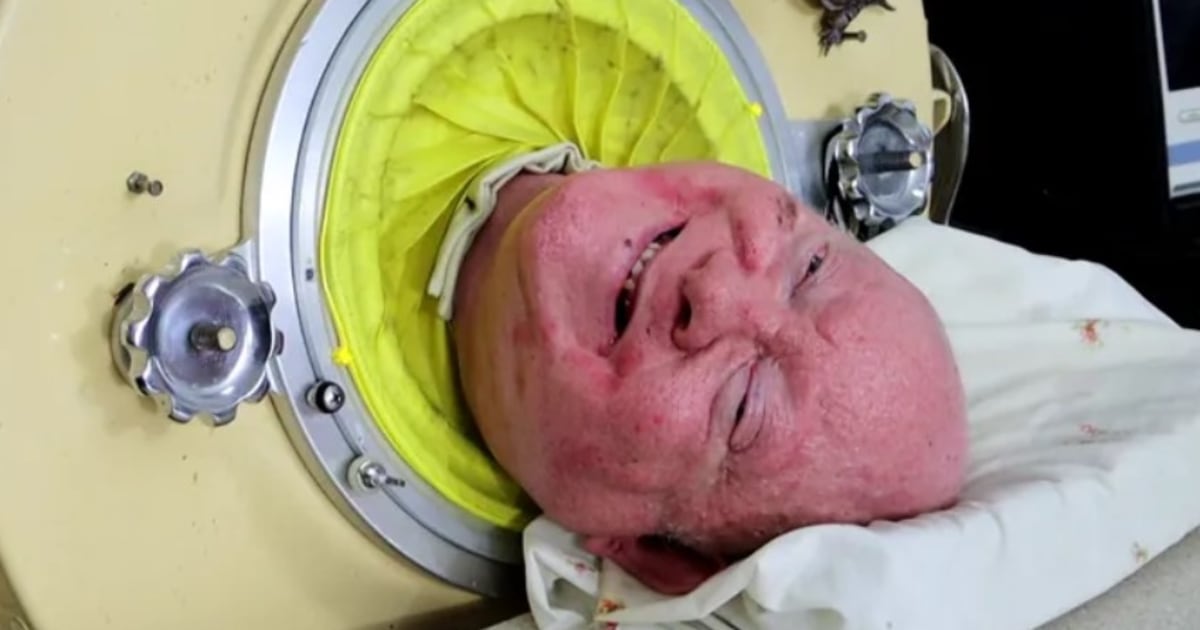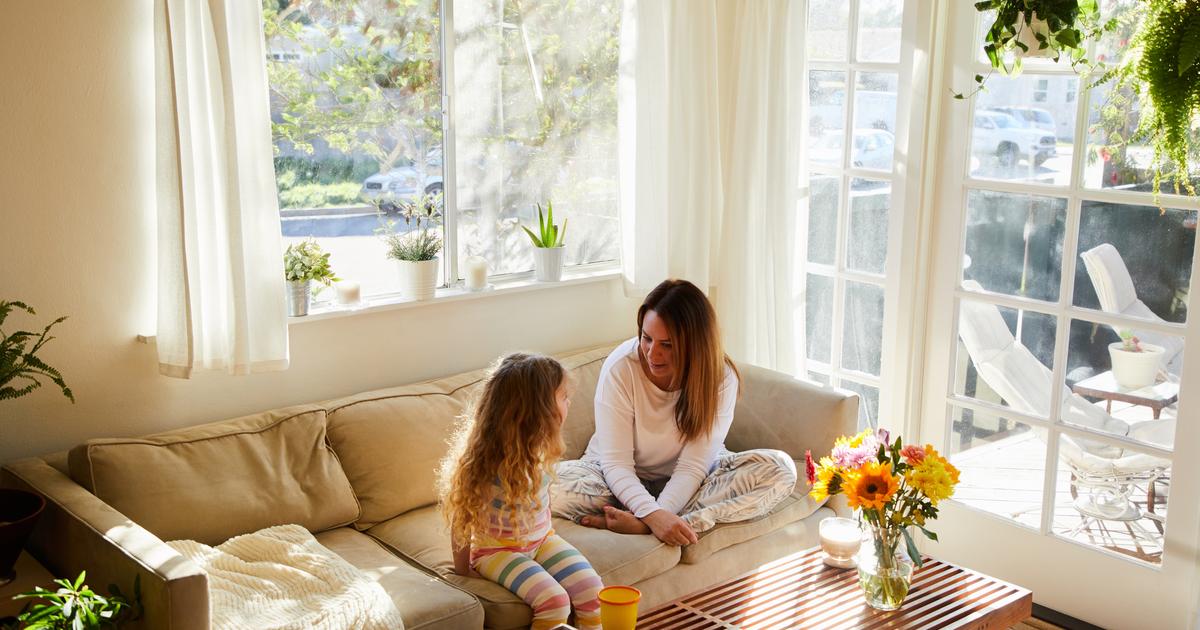Nobody jumps for joy at the idea of being tested or carrying out a self-test for Covid, and children are no exception to the rule.
Since the appearance of the fifth wave, it is not uncommon for parents to regularly lead real battles to convince their offspring to lend themselves to the exercise.
Faced with tantrums, tears and categorical refusals, Lise Bartoli, clinical psychologist, and Charlotte, home nurse, deliver the keys to spare themselves the chases and test their child calmly.
To read also »
"I certify that it is good. Sincerely. Kisses": these mothers who will no longer have their children tested for school
In video, Nova 5 years, educates children against the coronavirus
Soothe your parenting anxiety
Fear that the child will join the ranks of positive people, stress at the idea of having to isolate him and having to telecommute... According to psychologist Lise Bartoli, before a test, the fear comes mainly from the parent. The professional therefore invites the adult to take a step back from the situation as much as possible. “In addition to not being physically pleasant, the test also represents an emotional burden for the child, comments the psychologist. He understands that he could potentially be the bearer of negative news for his entire family, so it is important to make him feel guilty, to tell him that if he is positive, it does not matter, nor of his mistake." At the same time, we will also try not to make the virus the main subject of family discussions,and not to constantly display his fed up with the protocol established in the schools.
Make the child an actor in the test
To appease the most fearful, Charlotte, a nurse accustomed to pediatric services, recommends that parents speak, “explanations are a step in care that should not be neglected”, underlines the professional.
The child is told why he must (again) submit to the test and what it consists of if it is a first time.
The nurse also favors the participation of the child during the procedure: “We can ask the little one to pass the swab to us, or even to hold the strip while we perform the gesture”.
On the other hand, we will avoid letting him test himself;
“a test carried out by a child is not a test done”, insists the nurse.
Explanations are a step in care that should not be overlookedcharlotte chassard, nurse
Avoid certain phrases
Reassurance is good;
but be careful not to cause the opposite effect.
"The more we talk about anxiety and fear with the child, the more he will think about it, feel it," argues the nurse.
We then avoid phrases such as "don't be afraid" or "it won't hurt".
Without forgetting the formula "you will see, it goes very quickly", which - casually - shows that what is going to happen does not promise to be pleasant.
Divert attention through play
Lise Bartoli, creator of creative boxes and card games to soothe children, advises placing a stone stamped "strength" or "courage" in the hand of your child, then asking him to focus on this strength. Eyes closed, he will have to explain to us in which area of his body he feels the force, in which direction it spreads, or what color he imagines it.
This game will allow the child to focus his attention more
on certain of his limbs, such as his arm or his chest, and not on the place where the swab is inserted.
Also, be careful not to make promises you can't keep, such as “I promise you won't hurt”.
They are sacred to the little ones.
“The screening test is not always painful for adults, but it can be for children.
If the latter considers that your commitments have not been kept, it is a bond of trust that is shaken”, specifies the psychologist Lise Bartoli.
Listen: the editorial staff podcast
Mobilize your imagination
Holding the toddler in place during the test is sometimes an obstacle course, and the sight of the large cotton swab does not help.
Rather than giving him anxiety-provoking instructions, such as "do not move" or "keep your head back", the psychologist advises to exploit the many capacities and resources of the child.
“Children find it very easy to interfere in their imagination.
During a test, it may be wise to tell him to close his eyes and tell him a story whose adventures will encourage him to take the right posture.
We can talk to him about an encounter between a fairy and a bird, and gradually lift his chin as if he were really witnessing the scene, ”illustrates the psychologist Lise Bartoli.
Know how to say no
When they struggle or scream before a test, it is difficult for the parent not to give in to anger.
In reality, faced with this situation, it is better to encourage the child to verbalize his emotions.
Easier said than done, we grant you, but let's remember one thing: "The more we try to silence his requests, the more the child, having the impression of not being heard, 'we will arm the cry as a tool of claim,' says the psychologist.
The more we try to silence his demands, the more he will arm himself with the cry as a tool of advocacylise bartoli, psychologist
Charlotte, a nurse, also adds that it is useless to make the test a violent moment for the child.
“For lack of time and under continual tension, caregivers or parents can lose patience.
Except that there is no need to hold him in place or to hold his head by using his strength.
If you do not feel capable of carrying out the gesture, it is essential to know how to accept it and say so, in order to hand over to the other parent or to a professional.
(1) Lise Bartoli is the author of
The Art of Appeasing Your Child
, Ed.
Payot and Shores, 16.50 euros.
The editorial staff advises you
Vaccine and pregnancy: all the answers to women's questions
Where to find a suitable mask for your child?
The psychological consequences of the epidemic on adolescents






/cloudfront-eu-central-1.images.arcpublishing.com/prisa/YU6JYS64KNDZNHHGXA3QMTYNGY.jpg)


